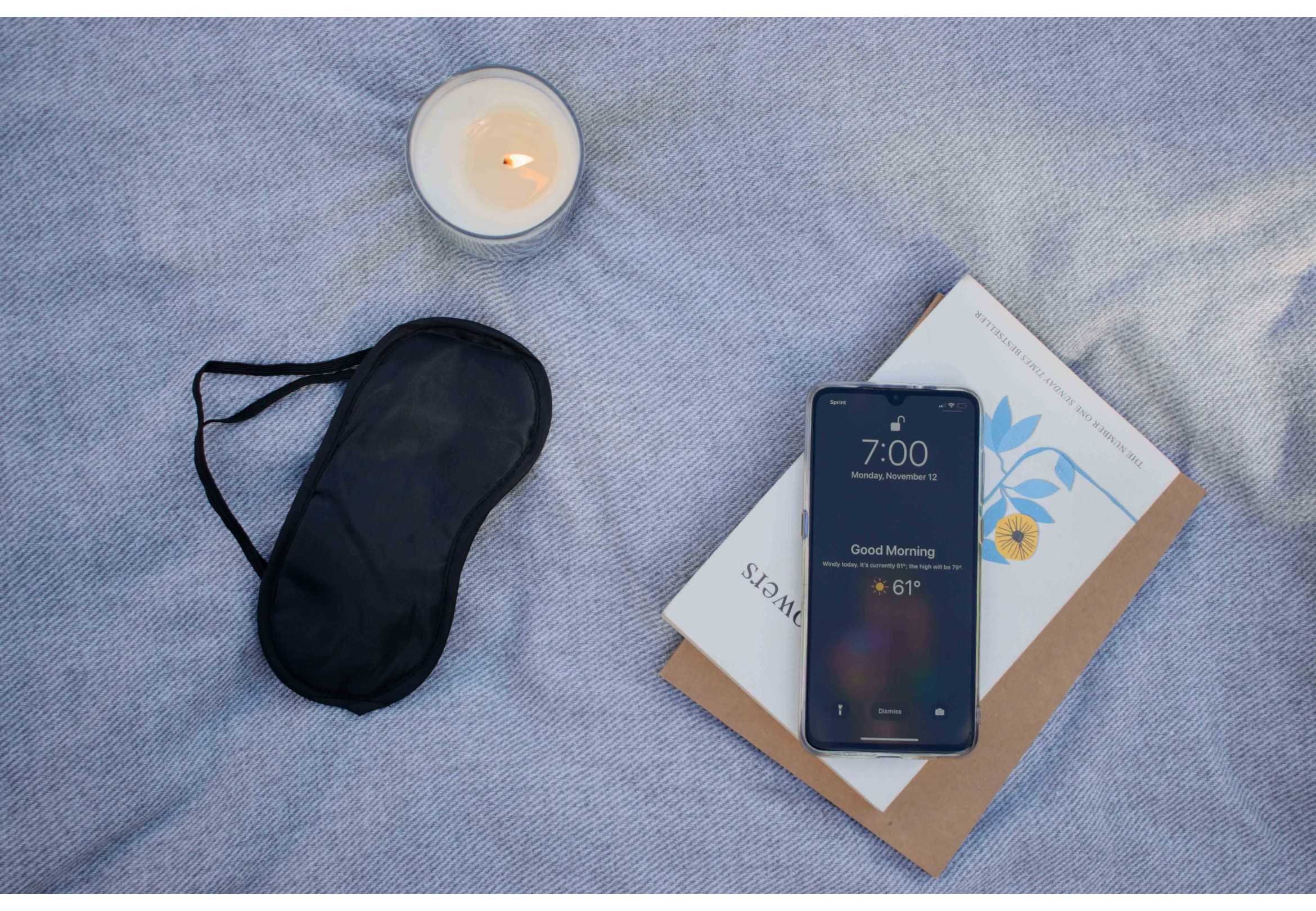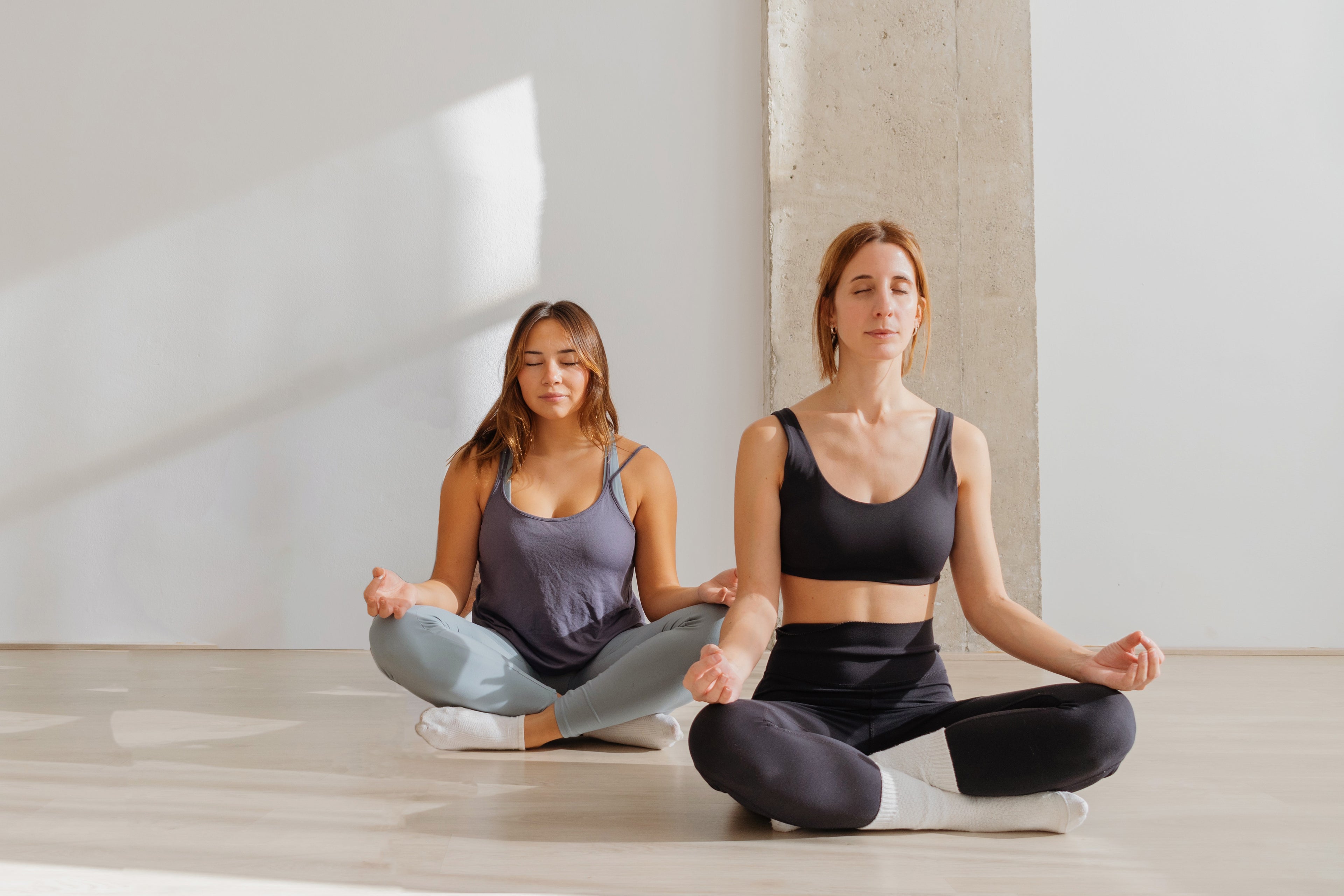If you go to a sleep doctor to tell them you're a terrible sleeper, you will be told that you're an owl, a lark, or a hummingbird. If this happens, don't be alarmed. It’s not an insult. These three animals belong to the categories that specialists use when analysing the chronotype or internal rhythm of each person. So, what is chronotype? It refers to the ability to experience energy peaks or to have resting periods depending on the time of day. Each of us has our chronotype, and this information is vital to know our sleep needs.
- When your doctor defines you as a 'lark' person, it means that you have a habit of getting up and going to bed early. The lark is most active during the morning.
- The opposite is true for the so-called 'owls.' They are individuals who work best during the evening.
- What if they tell you that you’re a 'hummingbird'? It means that you can get up early or stay up late without having to make too much effort.
To enjoy a good night's sleep, you must know your chronotype and whether it’s aligned with your work and family life, climate, and time zone. When these four factors match, it means that you have a healthy lifestyle. However, if they are not well synchronized, you will suffer from 'chronodysfunction.' In our daily lives, this can lead to disorders such as concentration loss, stress, immune system weakening and even premature ageing.
Problems for 'owls
If you identify yourself as an 'owl' person, you need to learn about research published by the University of Northwestern Medicine together with the University of Surrey (UK). It appears that noctambulist people have a life expectancy that is 10 per cent shorter than people who have an acquired habit of waking up energetically first thing in the morning. Researchers analysed data from nearly half a million people aged between 38 and 73 over six and a half years. The scientists concluded that social pressure is to blame. We live in a world designed for 'larks,' where 'owls' suffer the jet lag effect almost daily. Early morning performance stress, when the body is not up to the task, causes long-term health problems, as shown by the research results. Chronodysfunction' is reaching epidemic levels worldwide. Interpreting sleep as a waste of time is a fatal health mistake.
Why do we sleep?
The scientific community has doubts about this. There is no unanimous answer. Yet, we do know what makes us do so. Our brain is responsible. It has an explanation, don't get angry with it. While we are awake, neurons create connections between them thanks to the experiences we have. For example, if you go on holiday and lose your suitcase, you almost get hit by a car in the street… Such setbacks create memories and also responses on how to prevent such situations in the future. When we go to bed and fall into a deep sleep, the hippocampus, a structure in the temporal lobe that accumulates recent experiences, returns to the cerebral cortex all the responses it has stored during the day. The cortex eliminates the solutions it considers superfluous and keeps the most important ones. Dreams seem to be part of the process as if they were part of a simulator where different types of responses are rehearsed with the experiences you have lived through. In addition, there is new scientific evidence that proves that, during the night, a washing process takes place in which the brain cleans out the neurotoxic waste that accumulates during waking hours. For this to happen, the brain needs to secrete a hormone called melatonin. Its production begins when ambient light begins to decrease and peaks between 2 am and 4 am. This is called the 'melatonin circadian rhythm'. If this rhythm is disturbed, sleep is also disturbed. For example, it has been observed that melatonin secretion circadian rhythm is disturbed in patients with chronic primary insomnia and that as we grow older, our ability to produce melatonin decreases. There is also growing evidence that sleep disturbance contributes to potential health problems.
Tips to sleep better:
- Respect your sleep routine: Try to go to bed and wake up at the same time every day. Try to keep the difference in sleep time between weeknights and weekend nights to no more than 70 minutes. Keeping a consistent routine reinforces the body's sleep-wake cycle.
- Food and drink matter more than you may think: Eat dinner between 7 pm and 8 pm and avoid heavy meals. Digestion will keep you awake longer. Stimulants such as tobacco, alcohol, and coffee spoil the quality of sleep, because of their stimulating effects.
- Create a relaxation space: Try to keep your room cool, dark, and quiet. If light comes in through the window, use curtains to keep it out. A little meditation or a bath will also stimulate sleep before going to bed.
- Very short naps: Try that they do not last longer than 30 minutes and never take a nap in the late afternoon. If you work at night, it is a good idea to take a nap to compensate, in some way, for the lack of sleep.
- Do sport: Physical activity helps you fall asleep more easily. Just don't go jogging or to the gym right before going to bed. Long walks in the fresh air are also a great help when you are suffering from insomnia.
- Learn to manage stressful situations: Prioritise, organise yourself and set priorities for the next day. This will serve you as an emotional relief and will help you to rest better. As mentioned above, meditating is relaxing and helps you to fall asleep.
- Avoid screens before bedtime: Viewing content on your computer, tablet or mobile phone screens can make it difficult to fall asleep, due to the blue light flash from electronic devices disrupting the sleep-inducing hormone melatonin, so turn off your devices two hours before bedtime and leave them outside your bedroom. Wait until the following day to reconnect with the world!
- Take melatonin to help you fall asleep: If our circadian sleep rhythm is disrupted, our body may not yet, produce the melatonin we need to sleep. Taking melatonin half an hour before bedtime will help you rest. Some people say that taking melatonin helps them remember their dreams better.
Food Supplements that can help you sleep better:
- Melatonin Slow Release. With 1 mg of pure melatonin per tablet, our tablets help you fall asleep faster and also tackle insomnia effectively. A special feature is its time-release formula, which guarantees a long-lasting effect that lasts up to 8 hours, ensuring deep and sustained rest. Additionally, it is enriched with Acacia fibre and L-Leucine.
- Melatonin 1.9 mg. This product will help you fall asleep faster and counter jet lag. Take one capsule half an hour before going to bed to help your body understand that it's time to go to sleep.
- L-Tryptophan Complex with Melatonin. This solution is ideal if you find it difficult to relax when you go to bed and if you find it hard to sleep "straight through". Take one capsule half an hour before lying down in bed, and you'll get a good night's rest, without any kind of interruptions or frights.
- Griffonia Complex. A naturally occurring amino acid that is also known as oxitriptan. Its function is to increase serotonin production in the brain and central nervous system. Serotonin can generate well-being as well as increasing concentration and self-esteem. If taken in the morning, it will help improve your mood. It will reduce stress and improve your mood. If taken in the evening, it will help you relax until you enter the sleeping phase.
- Melatonin Gummies. With an irresistible berry flavour, these gummies combine Melatonin with Chamomile, Melissa, Valerian, and Vitamin B6. They help you fall asleep faster while helping prevent insomnia and sleep disorders, giving you a deep and restful sleep. They are ideal for the whole family, including children from the age of 4.
- Melatonin Drops. Its liquid format ensures optimised absorption, allowing for quality rest and quick relief from sleeping problems. Another strong point of this food supplement is its easy dosage, allowing you to adjust the amount you need easily and conveniently.
Tips for use
If you opt to use products to improve your sleep, there are some key recommendations to follow. You must take these supplements at least half an hour before your scheduled bedtime. This ensures that the active ingredients have enough time to act and exert their effects on your body, allowing you to rest peacefully and soundly.


